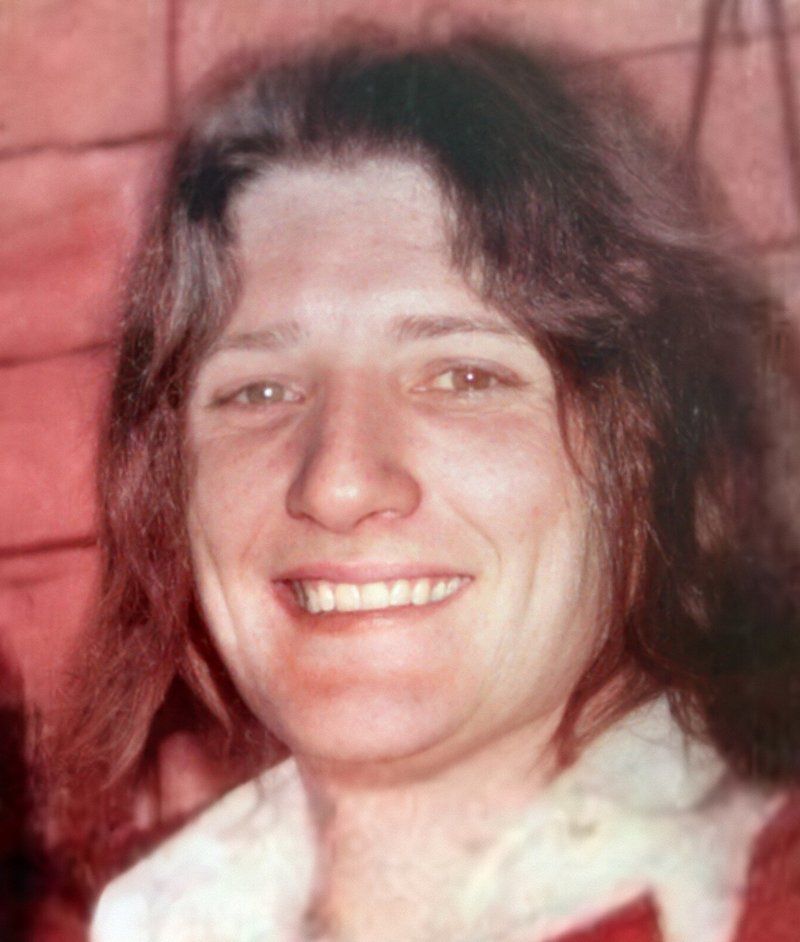May 5, 1981
40th Anniversary of the Death of Bobby Sands
“There can never be peace in Ireland until the foreign, oppressive British presence is removed, leaving all the Irish people as a unit to control their own affairs and determine their own destinies as a sovereign people, free in mind and body, separate and distinct physically, culturally and economically.”
|
 |
The Irish patriot Bobby Sands died on May 5, 1981 following a heroic resistance against the rule of the British imperialists over Ireland. He died in the British dungeon known as the Maze or “Long Kesh” at the age of 27 after a hunger strike of 66 days that began on March 1, 1981.
In the early 1970s, faced with the demands of the Irish and British people for civil rights in the British occupied six counties of the north of Ireland, the British imperialists introduced internment without trial. This created a critical mass of Irish republican political prisoners whose rights were suspended. During internment, the British government treated prisoners with extreme brutality using five techniques which the European Court of Human Rights subsequently declared “amounted to a practice of inhuman and degrading treatment.” (Ireland v the United Kingdom)
In 1976, British Prime Minister Margaret Thatcher claimed that the Irish patriots were mere “criminals.” She imposed a policy of criminalizing the political prisoners by removing their “Special Category Status.” There followed a five-year struggle to assert their political status, which included the Blanket Protest and eventually the hunger strike at the H-Blocks of the Maze prison near Belfast, where Irish patriots were imprisoned.
Under traditional Irish law, fasting was a method of shaming a wrongdoer in order to recover a debt or to demand the righting of a wrong. From the period 1917 to 1981, 22 Irish patriots died on hunger strike. In all, 10 hunger strikers from the Irish Republican Army and the Irish National Liberation Army died in the 1981 Hunger Strike. The first was Bobby Sands.
The demands of the Hunger Strikers were:
– not to wear prison uniforms
– not to do prison work
– associate with other political prisoners, for education and recreation
– 1 visitor 1 letter 1 parcel a week
– restoration of time taken away from remission of their sentences.
As part of a mass mobilization of public opinion against Margaret Thatcher, and the murderous policy of British imperialism towards the political prisoners, on April 9, 1981 Bobby Sands was elected a Member of the Westminster Parliament from Fermanagh and South Tyrone with 30,483 votes.
After that, the British Parliament passed the Representation of the People Act 1981 to prevent prisoners from running for election, in particular to prevent the other hunger strikers from doing so.
The Irish patriot Bobby Sands was also a poet and musician. He used the period of his internment to learn the Irish language while his indomitable spirit inspired generations to defend the cause of justice, peace and Irish freedom.
“They have nothing in their whole imperial arsenal that can break the spirit of an Irishman who doesn’t want to be broken,” he said.
This spirit is exemplified by Bobby Sands.
The anniversary of his death will forever be commemorated to salute the heroic resistance of the Irish people. On this 40th anniversary of his death, we salute all those who sacrificed their lives in the fight for Irish freedom.
Murals commemorating Bobby Sands in Belfast.
The H-Block Song, by Francie Brolly




